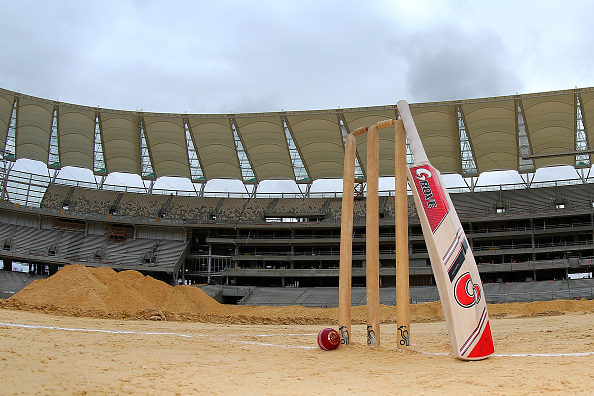
5 changes to ODI cricket rules over the years

The ICC in the past has been criticised by fans and players alike for changing the rules of the One Day format too often. While true, the ICC has come up with tweaks and modifications for the 50-over format time and again, one cannot find fault with the ICC’s intentions over the same.
Since the tests are for purists and T20s attract crowds and new fans from all over the world, it’s the ODIs that have witnessed a dip in popularity over the last few years. It is a matter of survival for a format that’s the basis for the most recognised global event in cricket – the cricket World Cup. The ICC, therefore, has come up with tweaks time and again in order to breathe new life into the ODIs and keep it relevant.
While it is only recently that the rule changes have become frequent, the first major pivot in how the ODIs are played can be traced back to the 1983 World Cup. Here are five ODI rule changes over the years that have shaped the One Day International format as we know it today.
#1 60 overs to 50 overs
Even though the first ODI was played in 1971, it was only until later in 1983 that the 60-over format was shunned. The 60 overs format history, however, can be traced back to the 1970-71 season when the first four days of the MCG test between Australia and England were washed out and the organisers, therefore, decided to play a one day game with 40 eight-ball overs a side.
This was the beginning of the one day era and over the years, a lot of different countries tried their hand at a lot of different one day formats.
The follow up series, for example, between Australia and England was played with 55 six-ball overs. New Zealand too tried its hand at a 35-over a side ODI format for some time after that.
The first 50-over six-ball game was played by West Indies who hosted Pakistan in 1977 and then Australia in 1978. The 1983 World Cup saw the last 60-over a side game being played. Thereafter, 50-over games were a standard routine but England continued to play the 55 over format until 1995.